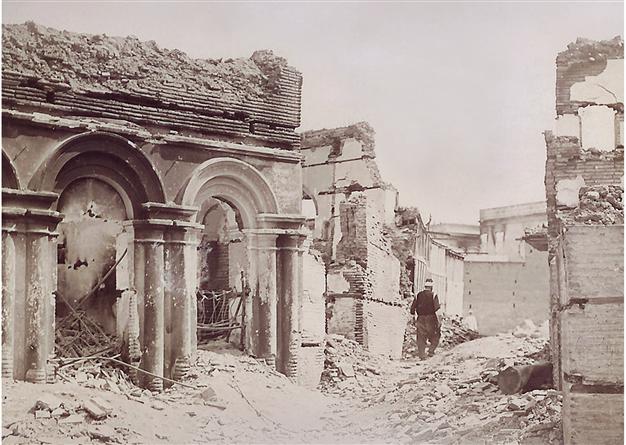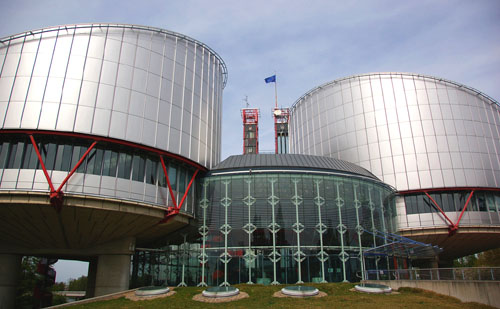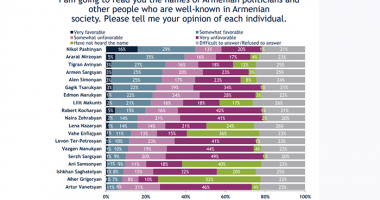YEREVAN — President Armen Sarkissian’s office reported the signing of the “Forfeiture of Illegal Acquired Property” bill into law, along with 14 other related bills passed by the Armenian Parliament and conveyed for the President’s signature on April 21, 2020.
The bill allows prosecutors to investigate individuals in cases of having “sufficient grounds to suspect” that the market value of their assets exceeds their “legal incomes” by at least 50 million drams ($103,000). Should the prosecutors find such discrepancies, they can ask courts to nationalize those assets even if their owners are not found guilty of corruption or other criminal offenses.
The latter will have to prove the legality of their holdings if they are to retain them. They will also be given the option of reaching an out-of-court settlement with the prosecutors, which would require them to hand over at least 75 percent of their assets, in and outside Armenia, to the state.
The government adoption of the bill is based on the need to increase the effectiveness of the fight against crime and in this context, the need to confiscate illegally acquired property as a result of criminal activity. The statement added that, many non-governmental organizations, foreign investors, representatives of the legal and professional communities, business circles, human rights defenders and individual citizens, expressing their concern of the constitutionality of this law, on possible corruption risks as a result of its application, as well as the perception of a negative economic development towards Armenia’s investment environment and financial stability.
The government says that current and former state officials facing corruption charges will be the main targets of the legal mechanism for asset forfeiture. Prime Minister Nikol Pashinyan has repeatedly portrayed it as a major anti-corruption measure that will help the authorities recover “wealth stolen from the people.” Pashinyan has indicated in recent weeks, his intention to use it against the country’s former rulers and their cronies who are repeatedly branded by him as “plunderers.”
The President’s office stated it “discussed in detail the concerns and considerations expressed with the Chairman of the Standing Committee on State and Legal Affairs of the National Assembly and the Minister of Justice and received clarifications.” In the end, the President highly appreciates the fight against crime, and expects the law to be applied in strict accordance with a legitimate aim, as an exceptional tool to combat crimes. “It is necessary to take into account the special sensitivity of personal data, entrepreneurial and professional activities, as well as the protection of banking secrecy information, in particular, for the business community in general … Unfair application of the law may undermine the credibility of the state and jeopardize its effectiveness,” the presidential statement added.
Meanwhile, Pashinyan met with Justice Minister Rustam Badasian later on Monday to discuss practical modalities of the law’s implementation. The justice minister, who is the main author of the legislation, confirmed that the process will be handled by a new division that will be set up within the Office of the Prosecutor-General in the coming months.










